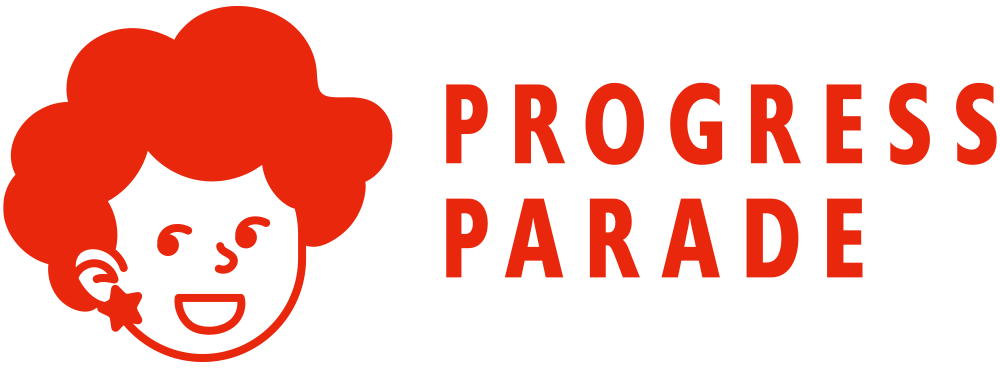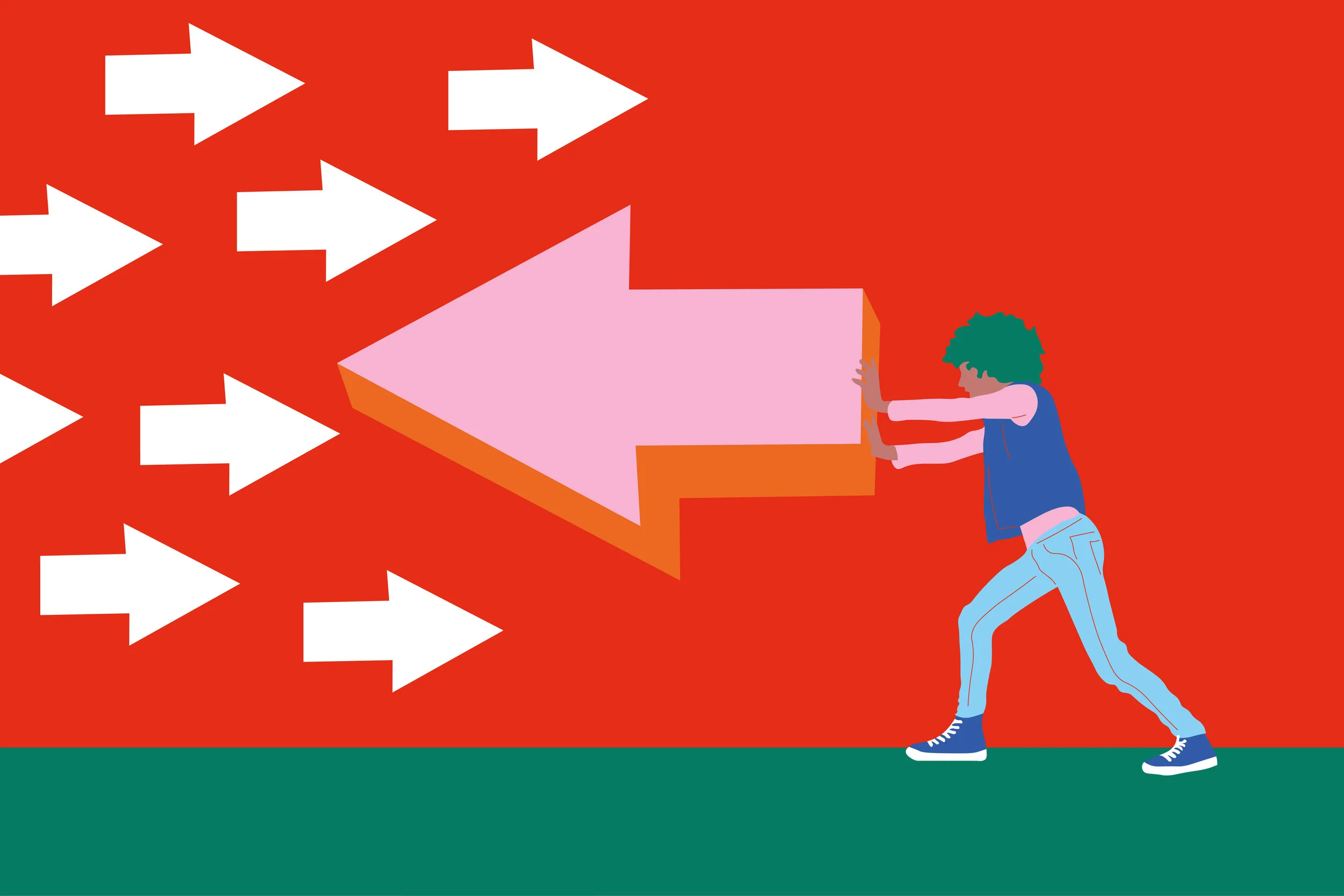Tutoring for Special Education Students: A Primer
All students need help at some point in their school journey. Help comes in many different forms, whether that’s seeking out a peer tutor, asking the teacher for some help, getting help from family members or hiring a tutor. When your child needs help with school, how do you know if special education tutoring is the right fit?
Who should hire a special education tutor?
Students who are in special education are getting an individualized education plan (IEP) because they need extra support in academics or social-emotional areas in order to thrive at school. These challenges may be due to a learning disability, ADHD, executive functioning disorder, autism, social-emotional challenges, intellectual disabilities, or other diverse learning needs. Many students have more than one diagnosis. Since these students need specialized support at school, the best tutor for them will have training and skills in special education as well. Students with diagnosed disabilities are clear candidates for special education tutoring.
If my student doesn’t have a disability, will they still benefit from tutoring for special education students?
Many students will benefit from working with a trained specialist. Special education teachers are master differentiators. That means their training is focused on unique strategies for individuals rather than best practices in general education classrooms. If your student is struggling, it’s likely because the general classroom instruction wasn’t clicking for them. Who better to help them overcome their challenges than a tutor who has a wide arsenal of creative methods to lean on! Special education teachers are trained to try different strategies and approaches until they find something that works for your child!
“Students with diagnosed disabilities are clear candidates for special education tutoring.”
What kind of background should my special education tutor have?
That depends on your student’s needs! If your child has a specific learning disability in reading (also called dyslexia), then you may want to work with a reading specialist or a special education teacher with a strong background in reading. Many students with reading disabilities benefit from teachers trained in multi-sensory methods like Orton-Gillingham and the Wilson Reading System. Students who have executive functioning needs may benefit from working with a middle school or high school learning specialist who has expensive experience implementing these types of goals. If your student has autism, it may be important to find a special education teacher who incorporates visuals or who is familiar with any communication systems they may be using. The most important thing is that the skills of the special education tutor match what your student needs!
What are the goals of tutoring for special education students?
The great thing about having a trained specialist working with your student is that they can tailor every minute of instruction to your student. With special education tutoring, we are not limited to simply following a curriculum and hoping it works. Just a few examples of common goals of tutoring for special education students are:
Reading at grade level
Completing and turning in assignments on time
Reteaching and breaking down school math content to improve math grades
Learning to manage large assignments with mini-goals to avoid procrastination
Getting schoolwork done together to remove conflict from the parent/child relationship
Learning the writing process and coming up with visuals to help write independently
The great thing about special education tutoring is that the goals are always written for the individual student!
“With daily reading tutoring in the summer, we’ve closed many reading and math gaps and sent kids back to school confident and ready to take on the next grade level!”
How frequently should my child participate in tutoring for special education students?
Our standard recommendation is two sessions per week. We find that many students really benefit from having repeated practice in the skills they’re working on, and that the second weekly session really helps to accelerate progress.
For some students, once per week is all they need. Once per week can be a good fit for students who have mild challenges or students who may work independently on the goals between sessions. We also have some parents who say that once per week tutoring is what works best for their schedule and budget. We always work with what’s available and can make nice progress with once per week sessions.
For other students, more frequent help is needed. Some students come to us deeply struggling in multiple subjects. For those students, it can be helpful to meet as often as daily, at least temporarily. Frequent sessions help us get the student caught up and help them see that they really can make progress and overcome their challenges! This kind of progress and support can go a long way towards changing a student’s internal narrative about school and what they’re capable of. The summer is another popular time for frequent sessions. The summer can be a great time for an intensive “bootcamp” to get caught up on a specific skill. With daily reading tutoring in the summer, we’ve closed many reading and math gaps and sent kids back to school confident and ready to take on the next grade level!
When should my child graduate from special education tutoring?
Most of our students finish out whatever school year they start in. We find it's nice to keep continuity within the same school year and make any transitions during the summer. Many parents and students like having an expert special education partner to supplement the work happening at school. These parents continue on with special education tutoring for many years, although the student’s program and needs change frequently as they make progress and meet goals. For parents who are not sure if special education tutoring is the right fit for their child, we always recommend giving the tutoring 6-8 sessions to determine if it’s a fit. After 6-8 sessions, we should be seeing some progress towards the student’s goals. If we’re not seeing any progress in that time, then we need to revisit the match or our approach and make some adjustments to find something that works better for that student!
What else makes special education tutoring different?
Special education tutors love collaboration and are used to working with a team in support of their students. That means, they often will be happy to collaborate with teachers, counselors, or any other professionals who may be on your child’s team! It also means they can review documents from the school (like IEP paperwork or 504 plans) and incorporate the outside findings into tutoring!
Why tutoring for special education students?
Tutoring for special education students is different from traditional tutoring. It starts with choosing the right specialist match for your student. From there, you and the tutor will set goals designed for your student. The specialist tutor will choose methods that help your student achieve these goals and design instruction 100 percent around your student. The frequency of the tutoring and when to stop tutoring are all chosen specifically with your child’s needs in mind! Because this type of tutoring is so incredibly child-centered, it can be a great fit most any student!
Wondering about tutoring for special education students? This article is a good place to start!

































